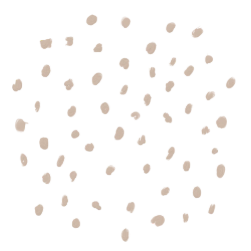Supporting the Health and Well-Being of the Community
Providing inclusive and quality services that support the strengths of the community.





Supporting the Health and Well-Being of the Community
Whitevalley Community Resource Centre is a non-profit organization that has been supporting community health and well-being in Lumby since 1989. Originally operating under the Lumby Health Society, it became an independent society in 1995 and continues to serve the community through a wide range of locally focused programs and services.

Services and Programs for all ages
Whitevalley Community Resource Centre offers a range of programs and services that support individuals and families in Lumby and the surrounding area. Services include counselling, youth and senior programs, family support, community outreach, and early years programming.

What's Happening
Check out our upcoming events & news.

Summer Day Camp is a licensed, non-profit program hosted by Whitevalley Community Resource Centre for children who have attended kindergarten to grade 6. The Camp will runs from July to August, 8:00am to 5:30 pm.


Customer testimonials
Read what community members and volunteers have to say about us.



.png)